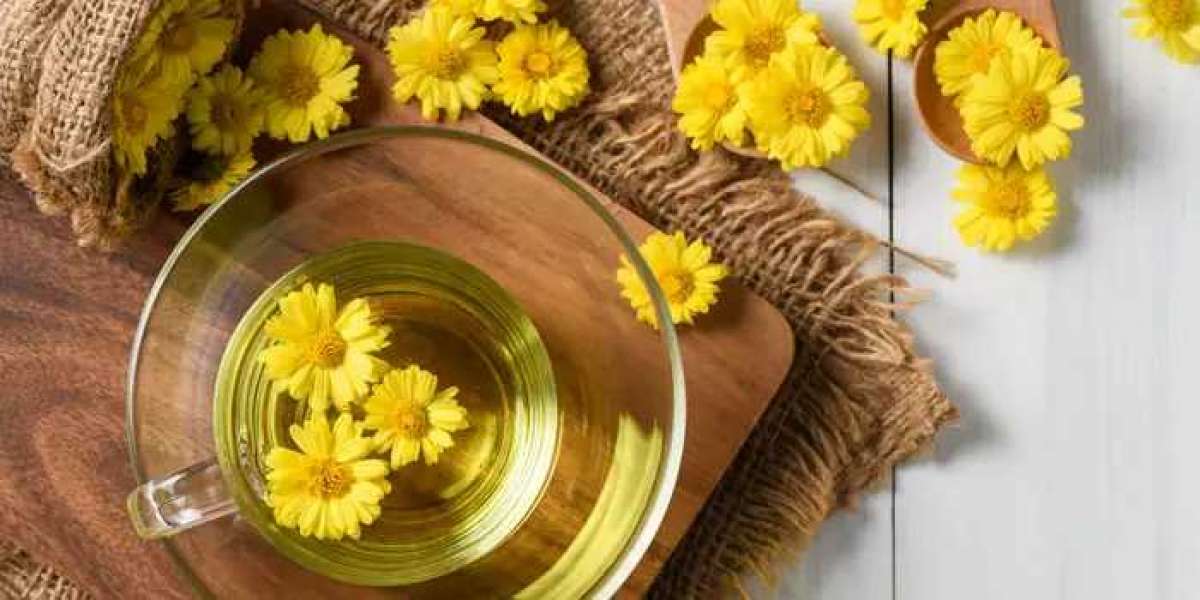In the vast and diverse flora of Pakistan, the dandelion plant stands out as a remarkable herb that has been overlooked by many. Known scientifically as Taraxacum officinale, the dandelion is more than just a common weed found in gardens and fields. It’s a powerful plant with a rich history in traditional medicine, and its leaves, flowers, and roots are used to make one of the most soothing and beneficial herbal beverages dandelion tea.
In this blog post, we’ll explore the dandelion plant in pakistan its characteristics, medicinal properties, uses, and why dandelion tea is becoming popular among health enthusiasts across the country.
What is the Dandelion Plant?
The dandelion plant is a perennial herbaceous plant native to Eurasia and North America, but it has spread widely and can be found growing wild in many regions of Pakistan. It typically grows in temperate climates and thrives in areas with well-drained soil.
Visually, the dandelion plant is easily recognizable by its bright yellow flowers that bloom in spring and summer. After flowering, the plant produces fluffy, white seed heads that are often blown away by the wind — a familiar childhood pastime for many.
The Dandelion Plant in Pakistan: Where to Find It
In Pakistan, the dandelion plant can be found in the northern hilly areas such as Murree, Swat, and parts of Kashmir, where the climate is cooler and more conducive to its growth. It also grows sporadically in the plains during certain seasons, especially in agricultural fields, gardens, and along roadsides.
Because it is a hardy plant, it does not require special care to grow, making it easily accessible for foragers and herbalists in Pakistan. Many locals may not recognize its potential beyond being a weed, but the dandelion plant has significant medicinal and nutritional value.
Health Benefits of the Dandelion Plant
1. Rich in Nutrients
The dandelion plant is packed with essential vitamins and minerals such as vitamin A, C, K, calcium, potassium, and iron. These nutrients contribute to overall health, strengthening the immune system, and supporting bodily functions.
2. Detoxification and Liver Support
One of the most celebrated uses of the dandelion plant is its ability to aid in detoxification. The roots of the dandelion are traditionally used to support liver health. They help stimulate bile production, which improves digestion and helps the liver filter out toxins more effectively.
3. Digestive Health
Dandelion tea made from the plant’s leaves or roots acts as a mild laxative and helps improve digestion. It can alleviate bloating and constipation, making it an excellent natural remedy for digestive discomfort.
4. Anti-Inflammatory and Antioxidant Properties
Dandelion contains bioactive compounds that have antioxidant and anti-inflammatory effects. These help combat oxidative stress, reducing inflammation and potentially lowering the risk of chronic diseases.
5. Supports Kidney Health
Because of its diuretic properties, dandelion promotes urine production and helps flush out excess water and waste from the kidneys. This can be beneficial for those suffering from water retention or mild kidney-related issues.
Why Dandelion Tea is Gaining Popularity in Pakistan
In recent years, dandelion tea has gained attention as a natural, caffeine-free herbal alternative for people looking to improve their health holistically. The tea is made by steeping dried dandelion leaves, flowers, or roots in hot water. It has a slightly bitter, earthy flavor, often balanced with a touch of honey or lemon.
Benefits of Dandelion Tea
Natural Detoxifier: Helps cleanse the liver and kidneys.
Improves Digestion: Eases digestion and reduces bloating.
Boosts Immunity: Provides antioxidants that protect cells.
Weight Management: Acts as a gentle diuretic and supports metabolism.
Supports Skin Health: The antioxidants in dandelion may help improve skin conditions.
Given the increased interest in natural remedies in Pakistan, many health-conscious individuals and herbal practitioners are promoting dandelion tea as a valuable addition to one’s wellness routine.
How to Prepare Dandelion Tea
If you want to experience the benefits of the dandelion plant in Pakistan, preparing dandelion tea at home is quite simple.
Ingredients:
1 tablespoon dried dandelion leaves or roots (available from herbal stores or dried by foraging)
1 cup boiling water
Honey or lemon (optional)
Instructions:
Place the dried dandelion in a teapot or cup.
Pour boiling water over the dandelion.
Cover and steep for 5–10 minutes.
Strain the tea and pour into a cup.
Add honey or lemon to taste if desired.
Enjoy your healthy cup of dandelion tea warm or cold!
Safety and Precautions
While the dandelion plant is generally safe for most people, it’s important to be cautious if you:
Have allergies to related plants like ragweed or daisies.
Are taking medications, especially diuretics or blood thinners.
Are pregnant or breastfeeding (consult your doctor first).
Always start with small amounts to see how your body reacts.
The Role of Dandelion Plant in Traditional Pakistani Medicine
In traditional Pakistani herbal medicine, the dandelion plant has been used in various forms for centuries. Herbalists have relied on it to treat liver disorders, digestive issues, and skin problems. Its natural abundance in northern regions means it’s often used fresh or dried by rural communities.
With growing awareness and scientific validation, the dandelion plant in Pakistan is now gaining recognition beyond folk medicine and entering modern herbal markets.
Cultivating Dandelion Plant in Pakistan
If you want to grow your own dandelion plant at home in Pakistan, here are some tips:
Choose a location with full sun to partial shade.
Use well-drained soil.
Sow seeds in early spring or fall.
Water regularly but avoid waterlogging.
Harvest leaves before flowering for the best flavor.
Growing dandelion can be rewarding and provides a constant supply of fresh leaves and roots for tea and other uses.
Conclusion:
The dandelion plant in Pakistan is more than a common weed — it’s a versatile herb with a range of health benefits. Whether you live in the cooler northern regions or have access to herbal stores, incorporating dandelion tea into your lifestyle can help support your liver, digestion, and overall wellness naturally.
By exploring and valuing the dandelion plant, Pakistanis can reconnect with their rich botanical heritage and enjoy a simple, affordable way to enhance their health. So next time you spot those sunny yellow flowers in the wild or at your local herbal market, remember that a cup of healing is just a brew away.







